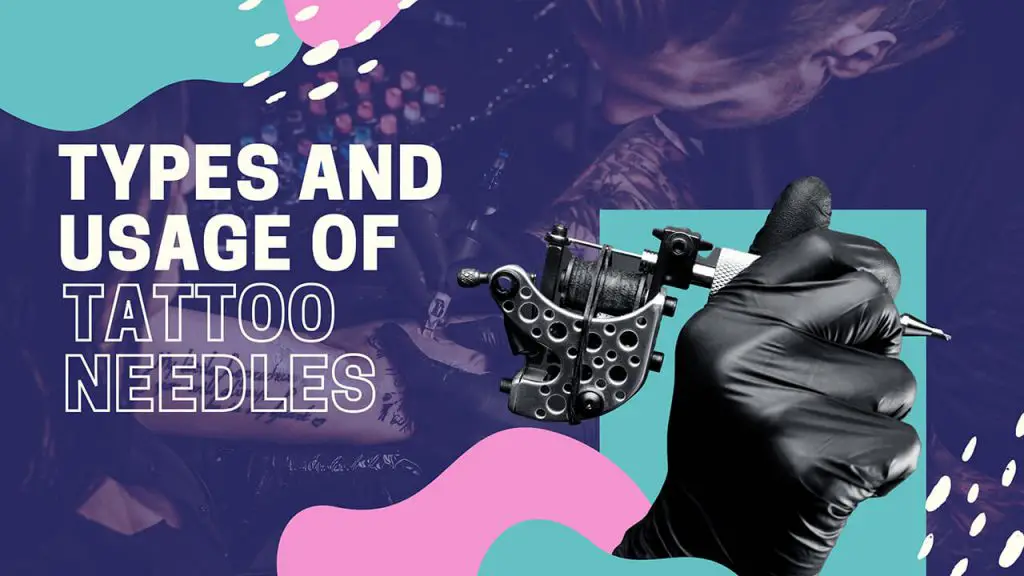Nature is beautiful; so are mankind and its creativity. Henna is a natural form of ink and real tattoos are ink-based designs created by humans. The characteristics of both are different.
However, the demand for both designs is high in different parts of the world. It is an individual choice to choose between the two. Henna was not a prominent art in western countries. In less time, it has risen to the level of real/permanent tattoos.
If you are here looking for information related to henna and real tattoos and their differences, we won’t disappoint you.
Our article is well-researched and we hope to answer some of the most searched information related to henna and real tattoos. 18 is the most promising age for Henna and as you turn older, tattoos are the right decision.
There are reasons why Henna is considered safe compared to real tattoos, especially in teens. One reason is that Henna is a natural ink extracted from the leaves.
Does henna look like a real tattoo?
Henna has a dark color on the final result and thus, most designs of Henna look like real tattoos. However, you need to remember that Henna tattoos are temporary decorations or designs.
One can only enjoy these for a limited time. The maximum time that you can enjoy Henna designs last for three weeks.
Some artists mix black dye in Henna to extend its duration. However, that can still not be considered a permanent tattoo.
You can enjoy the results as the dyed Henna (also known as Black Henna) look similar to real tattoos. You must know the pros and cons of applying Black Henna as these can give you a nasty surprise sometimes.
In some studies, artists have also mentioned that Henna tattoos can be permanent too. The main extract of Henna is from the henna plant.
If the artist doesn’t take proper care, it leaves back stains on the hands of the artist too. Beware; Henna can also cause permanent stains on your clothes, hair, and skin.
Black henna tattoo risks on skin
Black henna specifically contains dyes that contain toxic chemicals. In some countries, the FDA has banned Henna as in some cases; the tattoo has caused major reactions on people’s skin.
Most artists will suggest you use natural henna that is free from chemicals.
Even if you choose black henna or neutral henna for a temporary tattoo, it can affect your skin. The chemical present in the dye used in black henna is known as paraphenylenediamine (PPD).
Many have complaints of skin burns from the dye chemicals. The best option here is to conduct an allergy test on the skin before you proceed with the complete design.
Real tattoo risks on skin
If you compare with henna, real tattoos are more prone to skin infections and other serious complications. It is because tattoos penetrate deep into the skin.
Certain tattoo inks such as red, yellow, blue, and green have higher risks of skin infections.
Henna is only done on the upper layer of the skin whereas real tattoos are done with needles into the deeper layers of the skin. Thus, real tattoos are permanent and for life.
Compared to both, real tattoos are more popular throughout the globe. These are more common in several parts of the USA. Piercing is art too, just like Henna. Thus, tattoos are performed by professional tattoo artists.
Before we wrap up, let’s come to the main context of the subject: the comparison between the two. We can understand the differentiation based on three key factors.
Henna Tattoo vs Real Tattoo
1. Reactions
The chemicals present in Henna tattoos can cause chemical burns to the skin. These can further lead to an allergic reaction that can be observed by a medical expert only.
Some more causes and complaints of using henna tattoos include swelling, redness, itching, blisters, and similar issues that could be nagging.
Real tattoos are worse compared to henna tattoos. Many have complained of having skin infections, blood-borne diseases, burning, swelling, rashes, itchiness, and more.
Tattoo artists are aware of these and thus professional parlors only use high-quality inks to ensure skin-friendly tattoos.
2. Duration
Henna tattoo designers may claim for permanence however, these last only till the effects of the henna stains last on the skin.
You need to know henna is a temporary design unless chemicals are added to make it similar to real tattoos.
Real tattoos can be temporary or permanent as per the user’s preference. You have oodles of choices to make in inks, unlike Henna tattoos that have standard color.
These tattoos are for a lifetime. You may need few retouches to make these look fresh but, the ink will remain with you for life.
3. Process
This would be simple to explain as we had a detailed explanation above on both. In henna preparation, henna plant leaves are used. The process of applying henna is simple.
Also, the aftercare process is simpler than real tattoos. Henna is designed on the upper layers of your skin and it doesn’t go too deep. That is what makes it less powerful than real tattoos.
The process of tattoos requires needles, artificial permanent or temporary inks, and few tools. Tattoos are pierced with needles deep inside your skin.
Thus, the ink is engraved deeper compared to Henna tattoos. The aftercare is tedious as the healing process for tattoos takes longer.
Top 3 Henna Tattoos from Popular Brands
1. Temporary tattoo paste (Henna) by Henna Squad
Key Features:
- The henna pastes are waterproof.
- The brand has assured on the dark color of the tattoo.
- They also offer a money-back guarantee.
- Each cone contains approximately 30 grams of henna paste.
- These are perfect to experiment with any tattoo.
2. Henna tattoo pastes by Antena
Key Features:
- These are long-lasting cones as assured by the brand.
- The henna paste is waterproof and doesn’t fade out soon.
- You get free template designs to make creative tattoos.
- The cones are chemical-free.
3. Beyony’s natural Henna tattoo pastes
Key Features:
- 100% natural henna pastes for skin tattoos.
- Contain no chemicals or dyes.
- These are skin-friendly and do not cause any known skin reactions.
- Suitable for anyone and can be applied by any age group.
- The product has a shelf life of 1 month after opening.
Final Comments:
Henna tattoos are beautiful art and thus it is irresistible to anyone who sees it. If you are willing to try Henna, we are glad we discussed as much information as we could for you to make a decision.
To conclude, we can say that Henna is safer than real tattoos and thus, kids from many parts of Asia apply it too.



